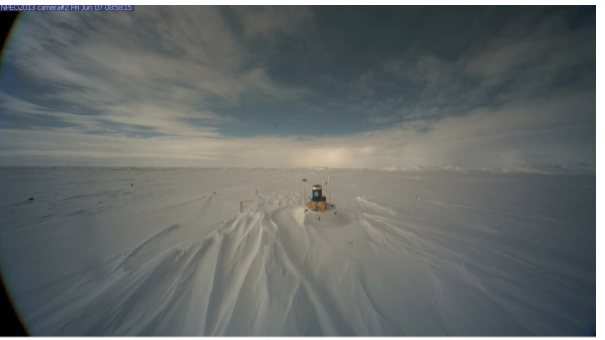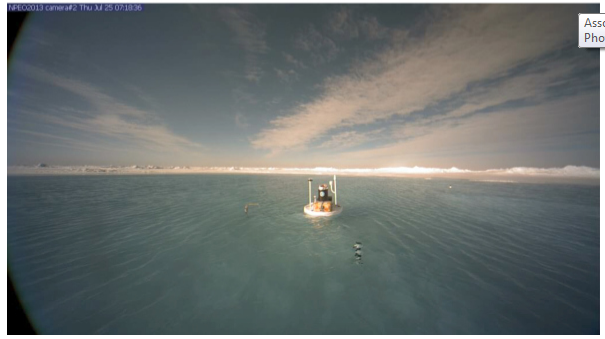New study points to ‘global cooling’ on Antarctic Peninsula contrasting fears from climate change hysteria
Climate change skeptics have long called for moderation on the Al Gore-led global warming hysteria and another new study points to Antarctic Peninsula is cooling and that the previous warming in the second half of the 21st century is “an extreme case.”
This news comes just weeks after the Arctic data study pointed to natural processes and NOT man-made carbon dioxide or pollution (that report is HERE)
The study published in the journal Science of the Total Environment in February is now getting the attention of prominent climate change skeptics after intense scrutiny.
Scientists have rightfully pointed out the evidence shows total ice accumulation on Antarctica has outweighed losses, a claim bolstered by a 2015 NASA study, which found, “An increase in Antarctic snow accumulation that began 10,000 years ago is currently adding enough ice to the continent to outweigh the increased losses from its thinning glaciers.”
According to the authors’ abstract:
“The Antarctic Peninsula (AP) is often described as a region with one of the largest warming trends on Earth since the 1950s, based on the temperature trend … recorded at Faraday/Vernadsky station. Accordingly, most works describing the evolution of the natural systems in the AP region cite this extreme trend as the underlying cause of their observed changes. However, a recent analysis (Turner et al., 2016) has shown that the regionally stacked temperature record for the last three decades has shifted from a warming trend of 0.32 °C/decade during 1979–1997 to a cooling trend of − 0.47 °C/decade during 1999–2014. … We show that Faraday/Vernadsky warming trend is an extreme case, circa twice those of the long-term records from other parts of the northern AP. Our results also indicate that the cooling initiated in 1998/1999 has been most significant in the N and NE of the AP and the South Shetland Islands (> 0.5 °C between the two last decades), modest in the Orkney Islands, and absent in the SW of the AP. This recent cooling has already impacted the cryosphere in the northern AP, including slow-down of glacier recession, a shift to surface mass gains of the peripheral glacier and a thinning of the active layer of permafrost in northern AP islands.”
So Google “global warming Antarctica” and see the hysteria for yourself:
TIME published that those ice sheets could disappear in last month HERE and CBS said the Penguins are in trouble HERE
“Global Warming wreaks havoc on Antarctica research stations” – May 2015
Global Warming expedition ‘frozen in’

















[…] Let’s add in the May 2017 study which points to “global cooling” on the Antarctic Peninsula, the new January 2018 study backtracks “catastrophic” warming predictions, or papers […]